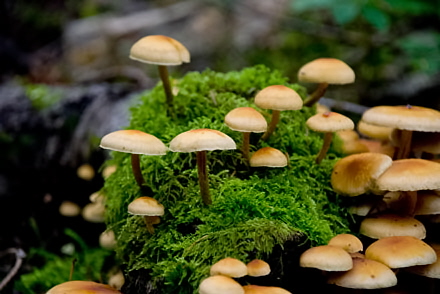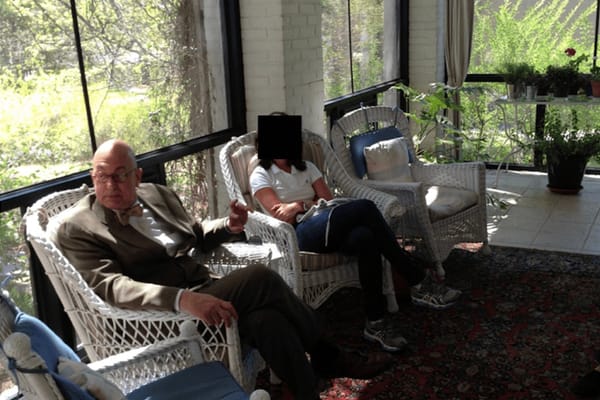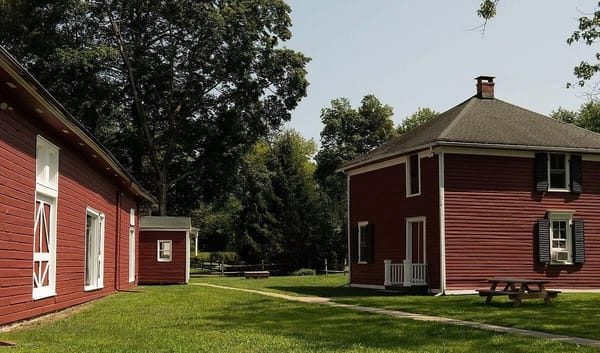
Breaking the soil is the biggest challenge a gardener has. And once it's broken, keeping it that way—light, loamy and nutritious—is an on-going struggle. In fact, the verbs "to struggle" and "to garden" often (specifically, from May through September) appear to be synonymous. But there is a movement afoot to change all that, to use nature as a gardening problem solver, a way to reduce labor, rather than as an obstacle to be fought. This weekend the Berkshire Botanical Garden is offering a two-part workshop that promises nothing short of gardening nirvana. Micrologist Paul Stamets, cited in 2008 by the Utne Reader as one of the "50 Visionaries of the Year," will explain revolutionary ways to use fungi to promote and maintain a fertile soil. In Gardening for the Future—How Mushrooms will Help Save the World, Stamets will no doubt reveal, among other things, the dirty little secret about mushrooms: They like to eat rotten things. Hence, his description of them as, "The great decomposer." Then things promise to get really strange. David Jacke, an expert in permaculture (remember that word; that's what the movement is called) will sum up the art and science of "edible forest gardening." He proposes that we plant fruit- and nut-bearing trees, as well as vegetables, herbs, and, of course, mushrooms, but not in tidy, nature-battling orchards and parterres. Instead, he proposes that we plant them in woodland-like patterns, thus creating "a high-yield eco-system" that, catch this, is "largely self-maintained." If this Utopian vision seems vaguely familiar, it may be because it resembles the "forests" in children's literature, fantasy lands filled with grape-juice rivers and gumdrop trees, where the deer and the insects talk to each other but leave the goodies for the kids. Personally, I'm all ears. Berkshire Botanical GardenIntersection Routes 102 & 183 Stockbridge; 413.298.3926 Gardening for the FutureLecture only: $20 Full program:$35; $30/members Pre-registration required. Bring bagged lunch.









